Hazardous chemicals have been detected in groundwater beyond the defunct Pasco Sanitary Landfill boundary after a process to extract chemicals from the soil failed to capture all the contamination.
The Washington state Department of Ecology plans to investigate whether vapors from the groundwater could cause unsafe levels of contaminants to build up in buildings near the landfill.
It also is preparing to immobilize the groundwater contamination to check its spread from the landfill.
The groundwater now is not in an area used for drinking water, said the Department of Ecology.
The landfill accepted waste from 1958 to 1993 near at the intersection of Kahlotus Road and Highway 12 just east of Pasco city limits. The site is not associated with the city of Pasco.
The landfill property, which is a U.S. Environmental Protection Agency Superfund site, covers about 200 acres and is surrounded by agriculture and commercial businesses.
The liable parties have collectively spent more than $75 million on cleanup across four separate zones at the landfill.

The thermal treatment system for soil contamination in Zone A of the Pasco Sanitary Landfill.
Pasco Sanitary Landfill plan
In June 2022 the Department of Ecology celebrated the excavation of drums from the last section of the landfill to be unearthed.
The notorious Zone A in the southern portion of the landfill had held 35,000 drums, each containing up to 55 gallons of solvents, paint sludges, cleaners and other hazardous industrial waste.
Some of the waste had burned underground prior to 2017 and even after that there were suspicions that pockets of smoldering fire might remain.

Over 35,000 drums of buried industrial waste were removed from Zone A of the Pasco Sanitary Landfill for proper disposal.
The 23,500 tons of waste buried in Zone A — about the mass of 1,900 school buses — was hauled to disposal facilities in Arlington, Ore., or Grand View, Idaho.
Plans called for finishing cleanup with thermal treatment of contaminated soil under Zone A after the drums were removed
The soil was heated up to boil out the contaminants and capture them with an extraction system. About 9,100 pounds of chemicals from the contaminated soil were destroyed, according to the Department of Ecology.
But not all the contaminants liberated from the soil were captured in the process, said Nick Acklam, Ecology’s Eastern Region manager for the Toxics Cleanup Program.
Contaminants include volatile organic compounds such as benzene, tetrachloroethene, toluene and trichloroethene.

The Pasco Landfill along Dietrich Road is seen here in this 2018 file photo.
The different chemicals can cause varying negative health effects, such as causing neurological problems, liver or kidney issues, or cancer.
More sampling is being done to find the extent of the new spread of the contamination in groundwater and to see if levels are increasing. Past groundwater contamination, which once spread in a plume that extended to the Columbia River, has previously been addressed.
Next month treatment of the groundwater contamination is expected to start with the injection of chemicals into the ground to bind to contaminants and stop their spread outside the landfill.
The cleanup is expected to be completed in phases with the groundwater plume off the landfill property addressed next.
Groundwater will be checked more frequently and additional groundwater monitoring wells will be added, if needed, to understand the extent of the plume, according to the Department of Ecology.
Superfund site air quality issue
Vapors from the contaminants potentially could migrate upward through the soil and enter buildings through cracks, seams and utility openings in subsurface walls or floors in direct contact with the floor, according to Ecology.
The closest buildings are commercial industrial warehouses southwest of the landfill.
If soil gas concentrations are determined to be at levels of concern, an assessment will be done of indoor air quality in buildings that might be at risk of vapor intrusion from groundwater contaminants. Actions would then be taken, if needed, to address indoor air quality.
Those liable for cleanup of the waste and contamination include 30 companies and agencies collectively known as the Industrial Waste Area Group III. They include Boeing, 3M Co., BNSF Railway, Daimler Trucks Northwest, Georgia Pacific, DuPont, Weyerhauser, the U.S. Air Force and Franklin County.
The public may comment on the plan to address the latest groundwater contamination and to protect indoor air quality.
Comments may be submitted online at bit.ly/CommentPascoSanitaryLandfillPlan or may be mailed to Jeremy Schmidt, 4601 N. Monroe St., Spokane, WA 99205.
#Chemicals #75M #Superfund #cleanup #site #leak #TriCities #area #groundwater



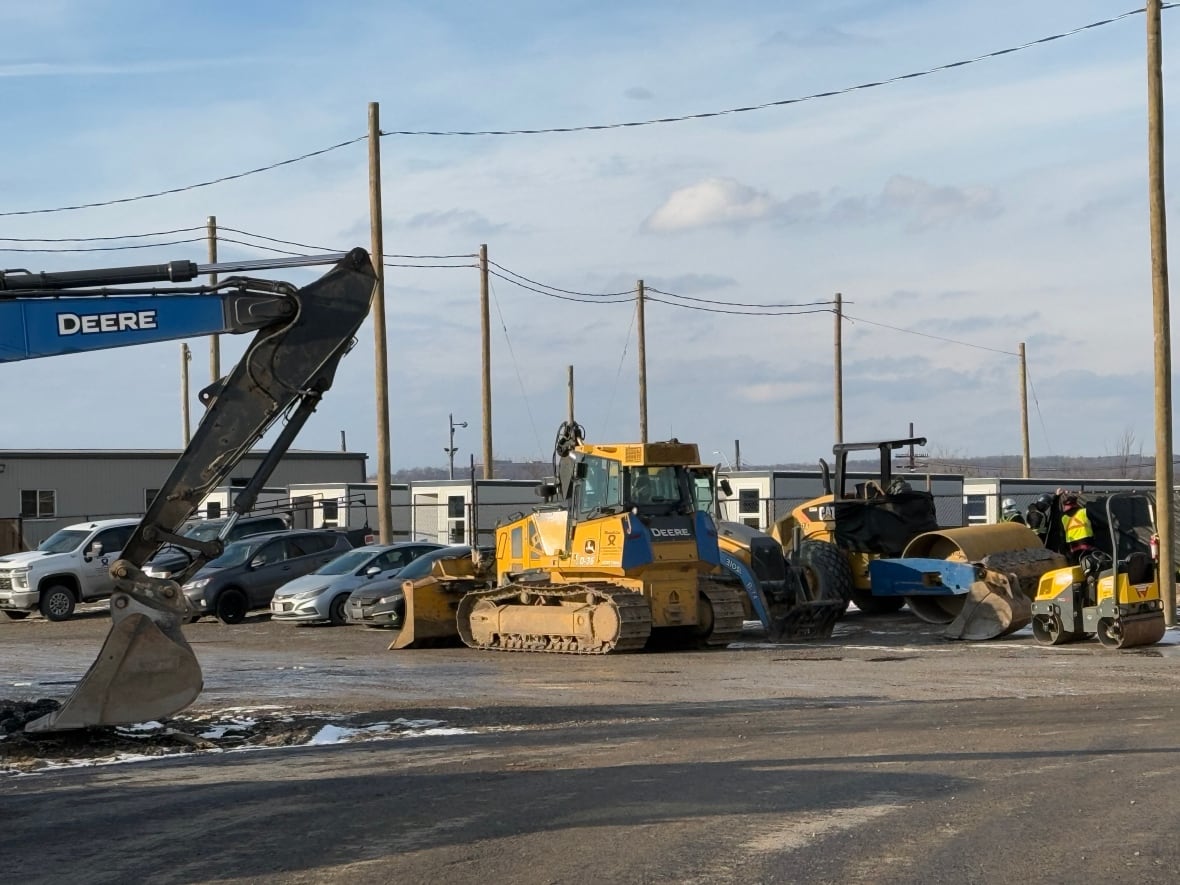

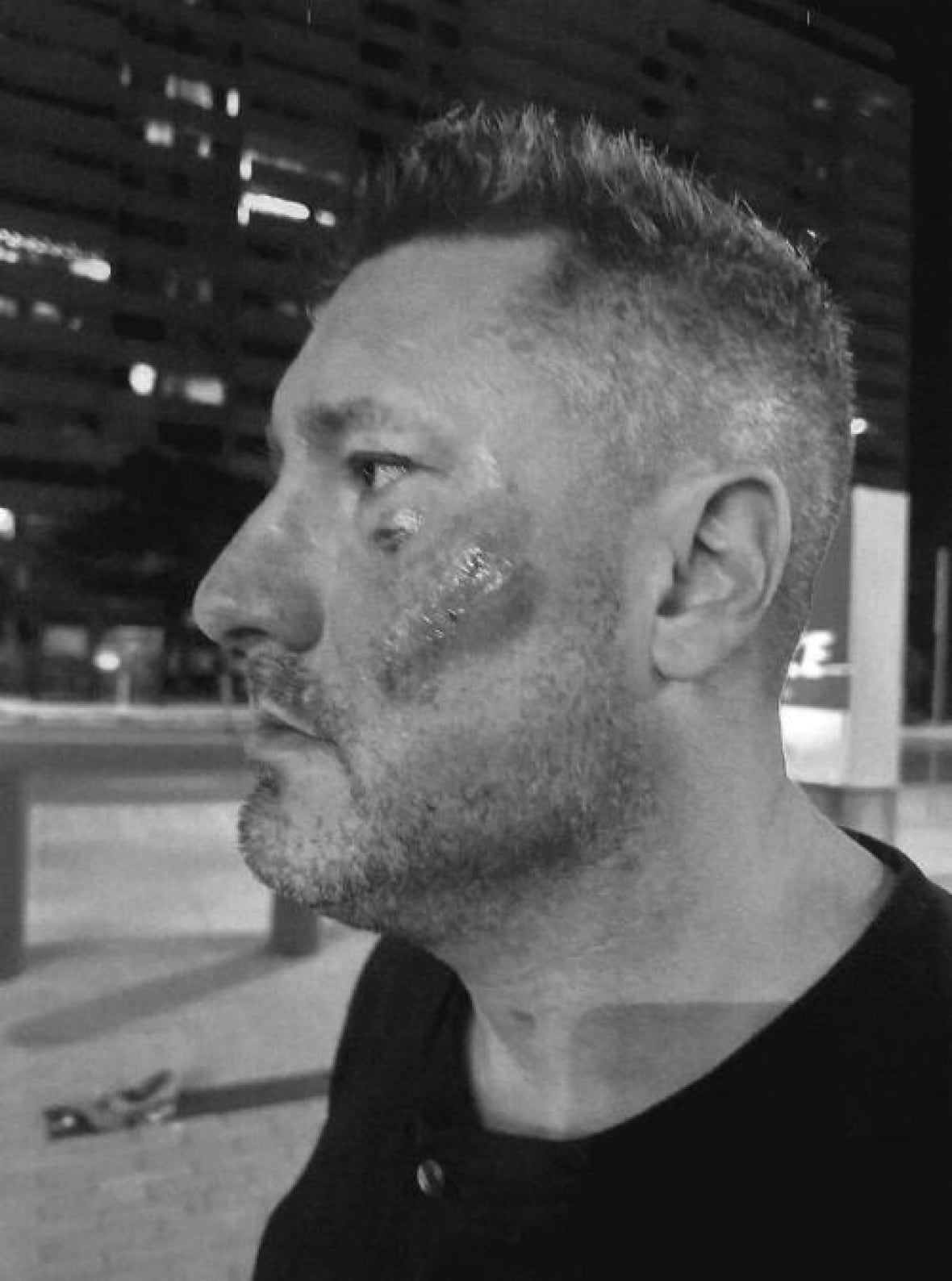

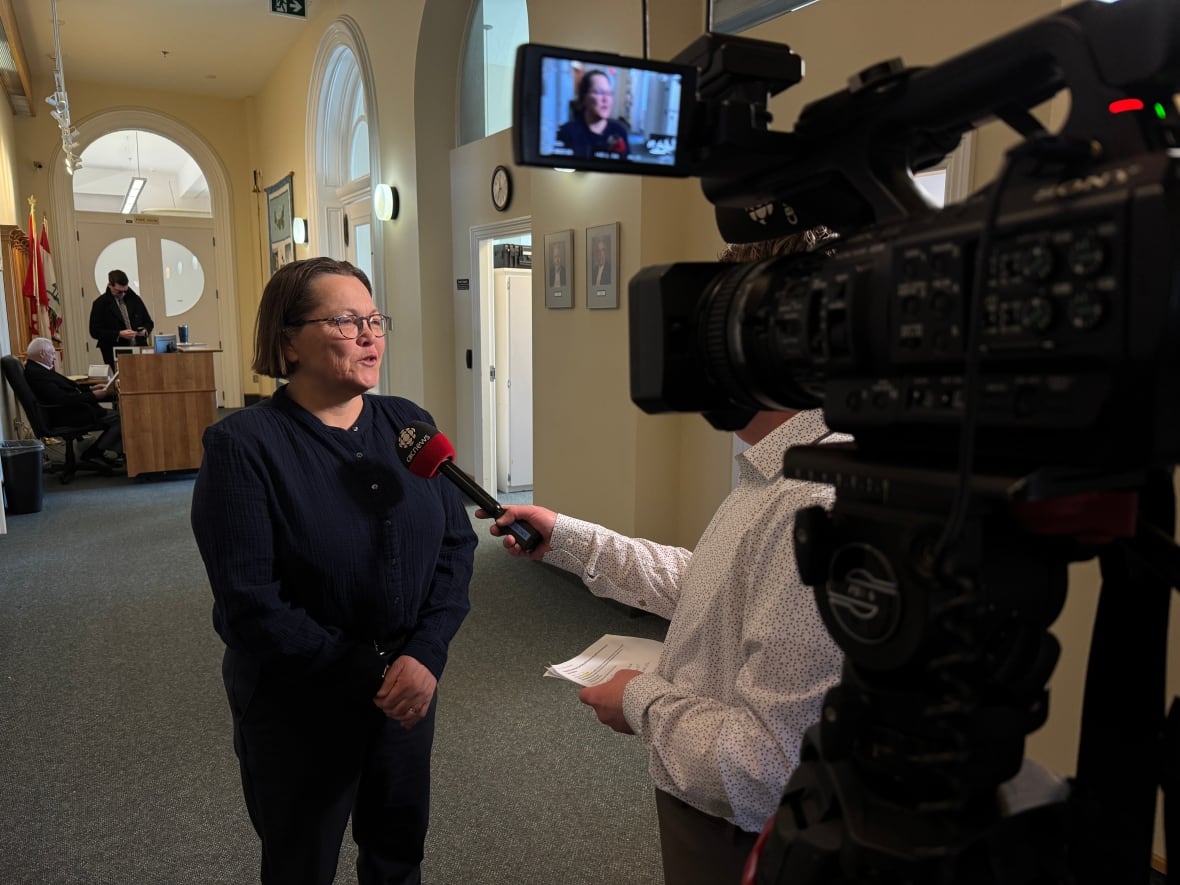
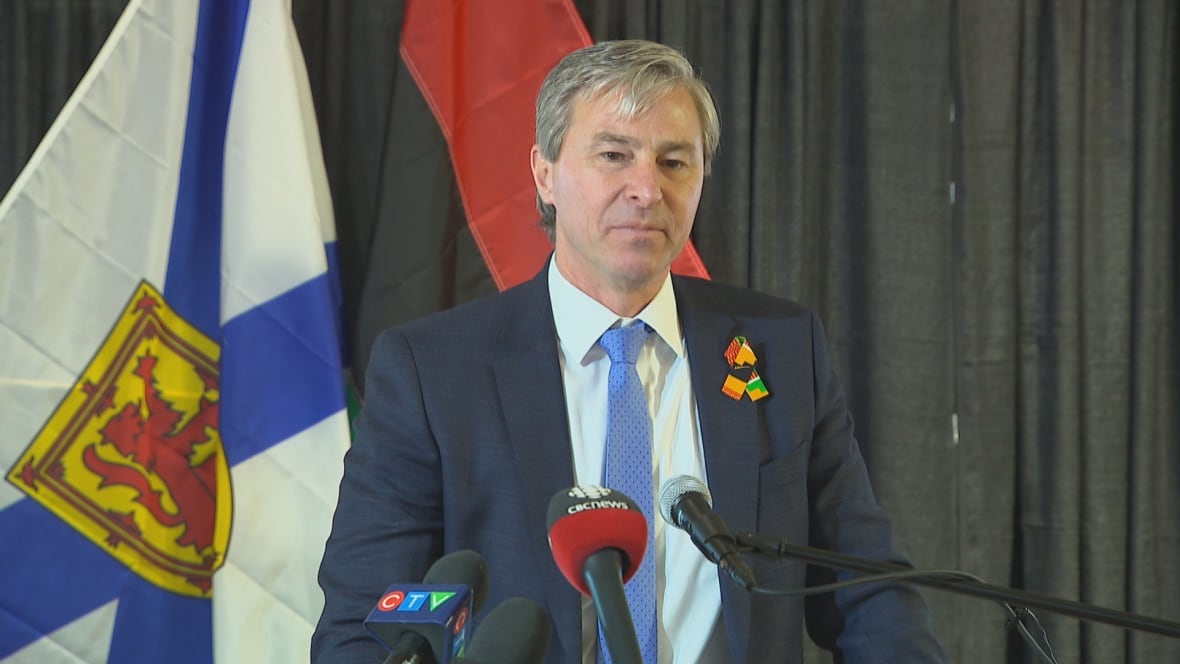
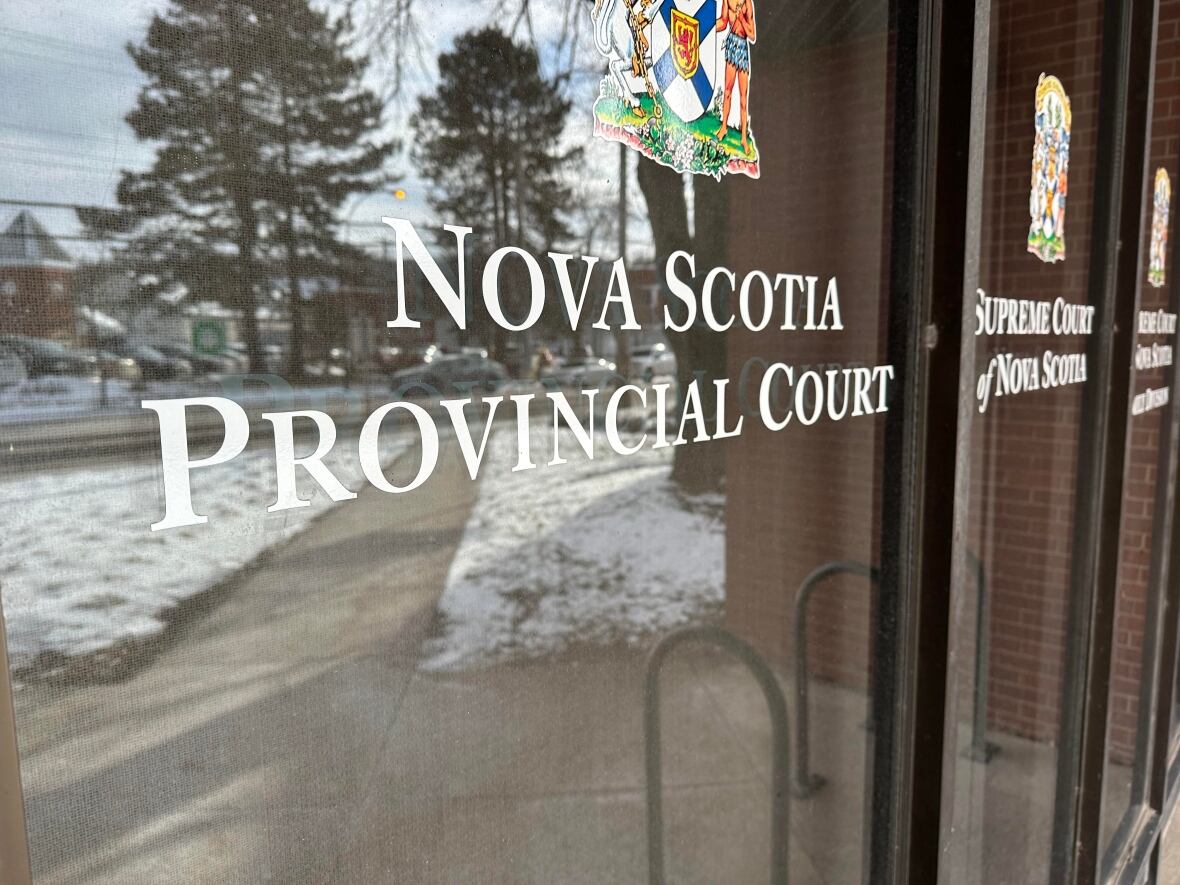
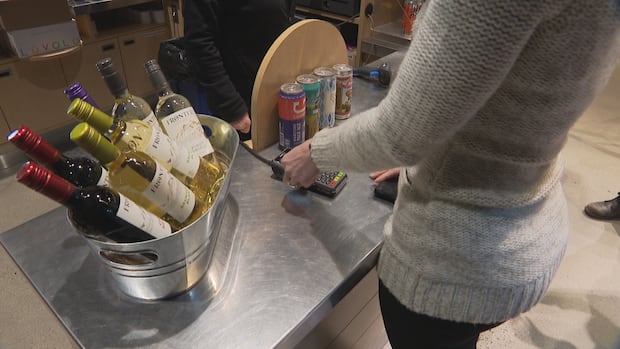
Beauty Fashion
I have figured out some new points from your web site about personal computers. Another thing I have always imagined is that computer systems have become a product that each house must have for many reasons. They offer convenient ways to organize homes, pay bills, shop, study, listen to music and perhaps watch tv series. An innovative strategy to complete many of these tasks is to use a notebook. These personal computers are mobile ones, small, strong and lightweight.